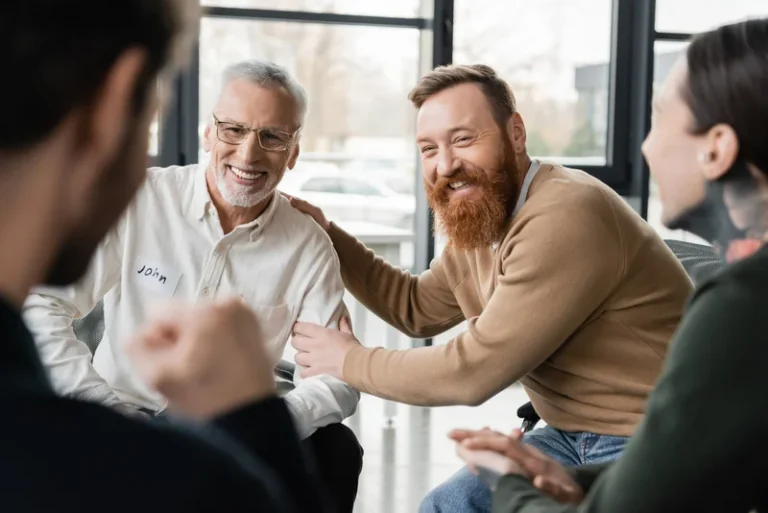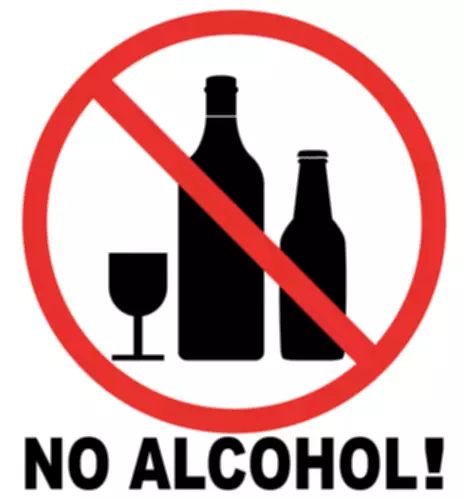
You can experience harmony, peace, freedom from stress, and pleasure by sowing the seeds. This way, a group can connect with nature and discover a deeper purpose by engaging in meaningful gardening activities. You and other members may spend some time pleasantly working on the garden’s layout, watering, and fertilizing plants. These can all be great opportunities to deepen the practice of coming back to breath after being pulled away. Group meditation may be guided by someone, or it may just be a group of individuals who gather to silently meditate together.

Frequently Asked Questions Related To CBT Group Activities
If, on the other hand, one or several clients seem disengaged or unmotivated, consider asking why, privately or in the group, whichever is clinically appropriate. Click here for a helpful article from Counseling Today that addresses the concept of client resistance. Anticipating challenges is the first step to effectively preventing and managing them. Ideas include going bowling, having a potluck, Starbucks run, game group, escape room, nature walk, etc.
Resources From PositivePsychology.com
- They provide a safe environment in which members can practice newfound interpersonal skills and behaviors.
- When the song is over, play it once or twice more, and see what you notice in the replays.
- Over time group therapy can also create healthy attachments, positive peer reinforcement, and a setting to learn social skills.
- Sound therapy may be most beneficial when offered by a trained practitioner, but music, instruments, or nature sounds may also be incorporated informally into group and peer sessions.
- By addressing these issues, substance abuse support groups can become more responsive, inclusive, and beneficial spaces for individuals on their journey to recovery.
Participants can also share different coping skills that have worked for them, as well as what hasn’t worked. Sound therapy may be most beneficial when offered by a trained practitioner, but music, instruments, or nature sounds may also be incorporated informally into group and peer sessions. Participants can try making gratitude lists or having open discussions on ways what are some ideas for substance abuse group activities? to find and show gratitude in daily life. There are numerous benefits to group therapy and peer support meetings that aren’t available in a one-on-one setting. Sessions may occur anywhere from daily to monthly, depending on the level of care. For example, intensive outpatient treatment may require meeting twice a week, while inpatient programs may offer daily sessions.

Stress Management Techniques
Acceptance and Commitment Therapy (ACT) is an effective treatment for anxiety, depression, and other mental health issues. Read our article that addresses how to apply ACT therapy in group settings. As therapists, we know loneliness can sometimes be a trigger for our clients. Another option for your substance abuse group activities, have the clients discuss being alone. Breaking the cycle of addiction requires a thorough comprehension of its stages and triggers. Substance abuse group activities designed to elucidate the addiction cycle help participants identify their patterns, from initial use to cravings, relapse triggers, and recovery milestones.
Therapists who run these groups are very resourceful and in order to keep the process relatively fresh introduce different activities and topics continually. All group therapy programs have to be aware of the ethical considerations as well as the special challenges that their groups will face, recovery groups are no different in this regard. Ask your clients to share what their tombstone would say if they were to die today. Check out our blog posts and resource links for the latest information on substance abuse.
- We are hardwired for attachment and groups, which are potent sources of change for the central nervous system, brain, and emotional wellbeing (Denninger, 2010).
- These activities not only facilitate therapeutic discussions but also create a supportive and engaging atmosphere conducive to healing and growth.
- Art therapy and music therapy allow individuals in substance abuse recovery to explore their emotions, gain insight into their recovery journey, and develop healthy coping mechanisms.
- This can lead to a powerful discussion about image, reputation, feeling fake, etc.
- As group members share their experiences, every person feels listened to, understood, strengthened, and less alone on their journey towards wellness.
Group therapy provides a uniquely rich environment and powerful setting that can improve mental health. We are hardwired for attachment and groups, which are potent sources of change for the central nervous system, brain, and emotional wellbeing (Denninger, 2010). In this activity, the group identifies and discusses common triggers for their particular loss (what stimulates negative emotions https://ecosoberhouse.com/article/what-are-sober-living-homes/ such as sadness). Group members and leaders can then suggest different coping strategies they could use when feeling triggered. This activity is based on Cognitive-Behavioral Therapy (CBT), behavioral activation, and goal setting. Each member of the group writes down a goal they would like to accomplish to improve mental health, such as diet, exercise, sleep, mindfulness, etc.
Fun Substance Use Group Therapy Activities Boost Recovery
For example, group members can take turns playing an instrument (such as a Tibetan singing bowl), share meaningful songs about recovery, or even try writing a song together. To encourage helpful discussions, some recovery groups toss around question balls. Triggers are people, places, feelings, or other things that make you want to abuse drugs. Mindfulness is the practice of observing the present moment without judgment. It can boost your sense of well-being and help you cope with drug cravings and other recovery-related challenges. In addition, they help new members view the group as an open, supportive environment.
In addition to enhancing a sense of community, this activity provides an avenue for discussing harmful stereotypes and stigma. Group facilitation wasn’t always comfortable, and I made many mistakes, but I grew. I realized it’s okay to be counselor and human; at times, humans say dumb stuff, hurt each other’s feelings, and don’t know the answer.

